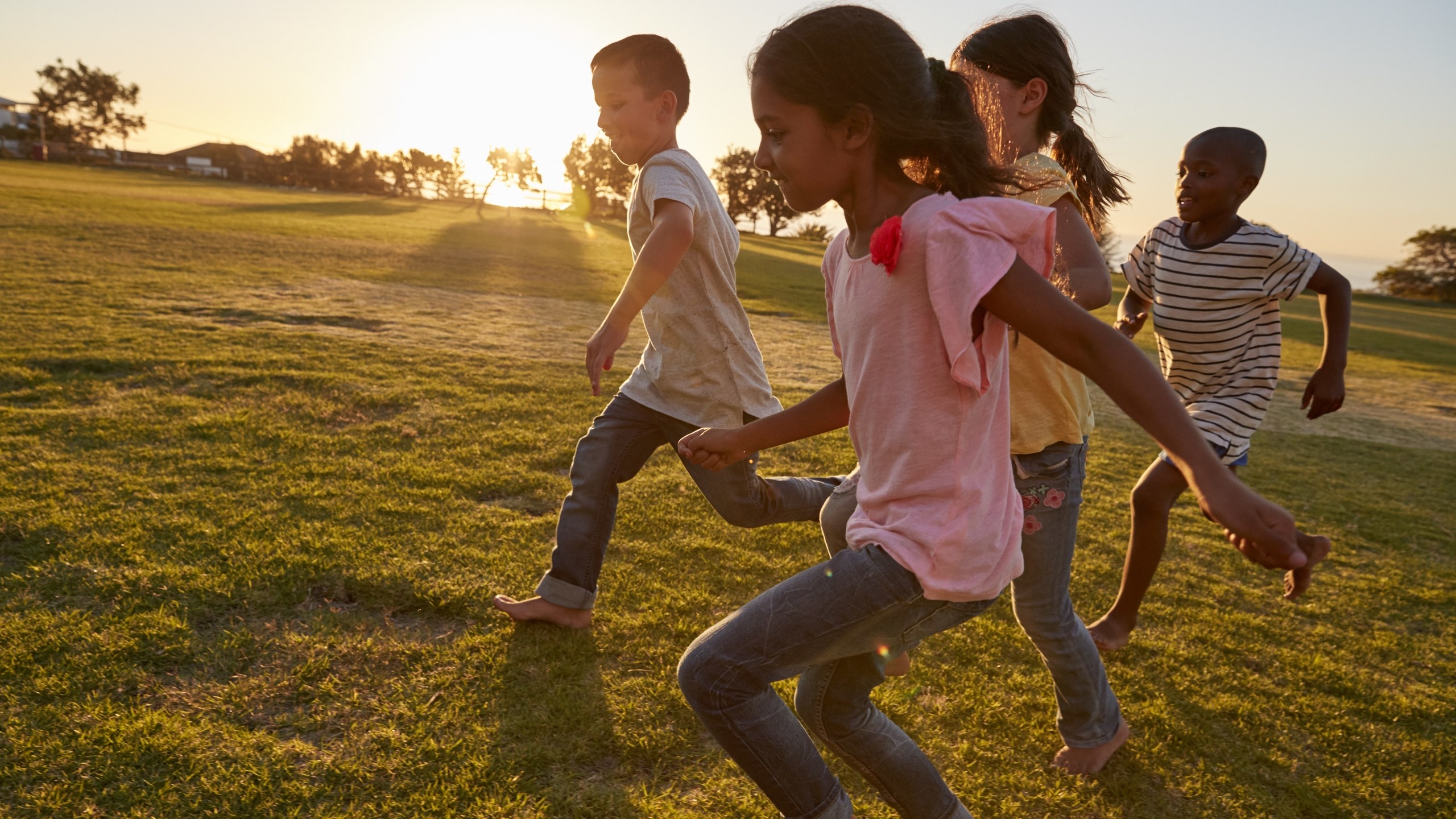Don’t Be Mad, but I’m a Feminist Who Decided to Write a Book About Men

I’ve always felt feminism to be like a block party: euphoric, emancipating, jubilant, and open to all. I often fear that many women in my generation think about it instead like a speakeasy: closed, password-protected, and open to the already enlightened.
The narrowing of feminism has presented itself in subtle and not so subtle ways. A few years ago, when I was on a panel and suggested that making the world better for women involved a plan for generating better men, the rhetoric I received was shocking, but familiar. “I don’t care about men,” one of the panelists said. I heard the retort and a round of applause from the audience and sat there dumbfounded. A few months ago, when I suggested that an abortion rights movement that is in peril should remind people that men who get women pregnant also benefit from a women’s right to choose, I was told that “there’s something slightly demeaning about framing women’s fundamental human rights as worthwhile because men have ‘personally benefited’ from them.” When I advised a Western government on a gender equality ministry program and suggested moving a sliver of the resources currently budgeted for girls over to boys to reach them how to be feminists, I was told none of the existing gender equality budget could go to them. For the last five years, when I’ve told people I am working on a book about how we need to develop a new kind of man in order to secure our freedom as women, I was routinely ridiculed. “Yes, because we don’t hear enough about men,” came the sarcastic sneer.
I am all for a feminism that decenters men. I am all for a feminism that puts women’s voices front and center. I am all for a feminism that seeks structural change and expects men to surrender power, but more and more I’m alarmed at a feminism that has no plan for men at all.
It wasn’t always like this for me. I too used to dismiss men’s role in the feminist movement. Men betrayed, harassed, assaulted, and traumatized me before I was even old enough to kiss one. I had to change schools due to violent bullying from the boys in my class. My experience with the opposite sex is far from unique. In fact, it’s shockingly normal and far worse for girls who aren’t white, middle-class, and able-bodied. In the United States, more than one in three women report domestic abuse from a partner in their lifetime. And in an average month, at least 52 women are shot and killed at the hands of an intimate partner. These are men women know. Never mind the men we don’t know.
To put it simply, women have been hurt and harmed by men for centuries, so as they’re enjoying increasing liberation, worrying about their oppressors isn’t on the agenda. It’s not like we don’t still have work to do on our own behalf. Despite major wins, poverty is still so feminized that the gender wealth gap is expected to take more than two centuries to close. Programs that benefit women have had to endure the steepest cuts under the Trump administration. Even in the make-believe world Hollywood creates to distract us from the grim world we live in, women are less likely to be protagonists and speak half as much as men do. Given that women already get a smaller slice of the pie, there is a legitimate concern that dedicating resources to men is shortchanging women.